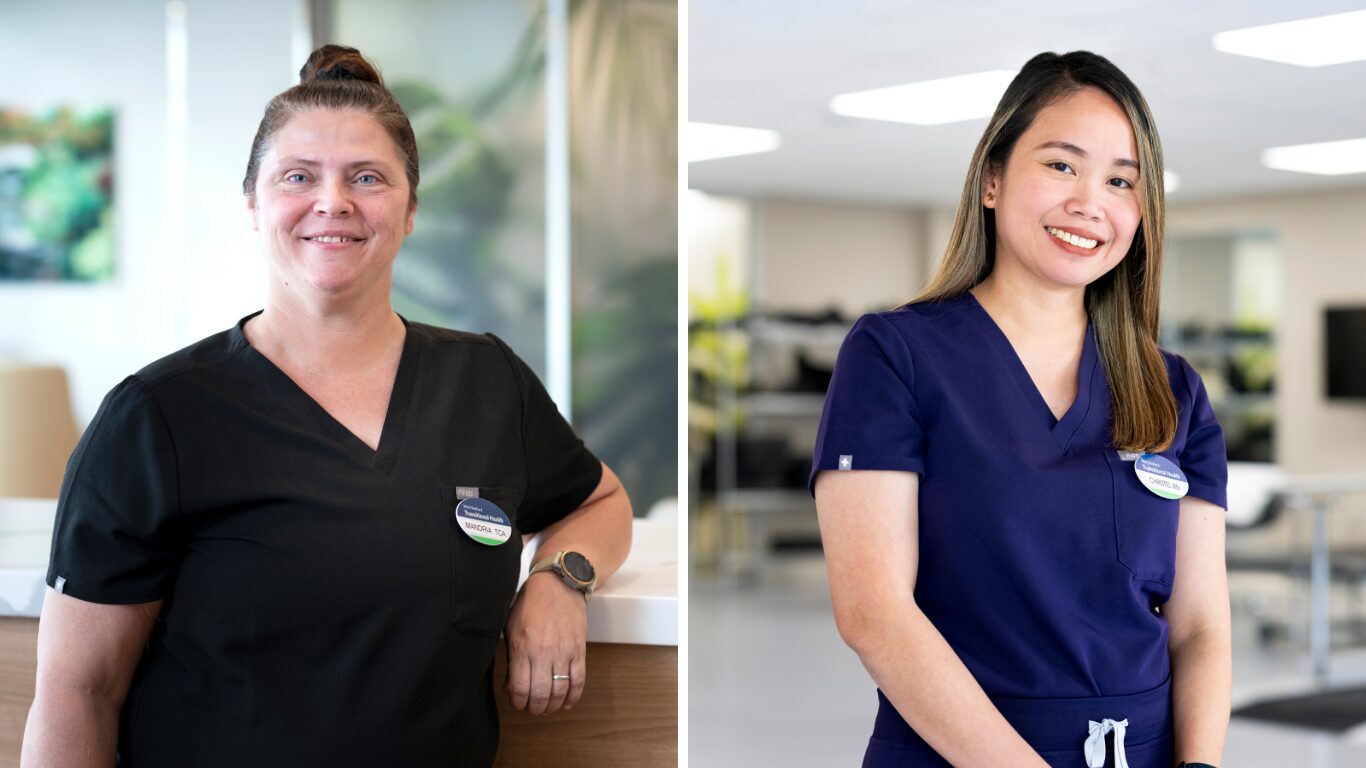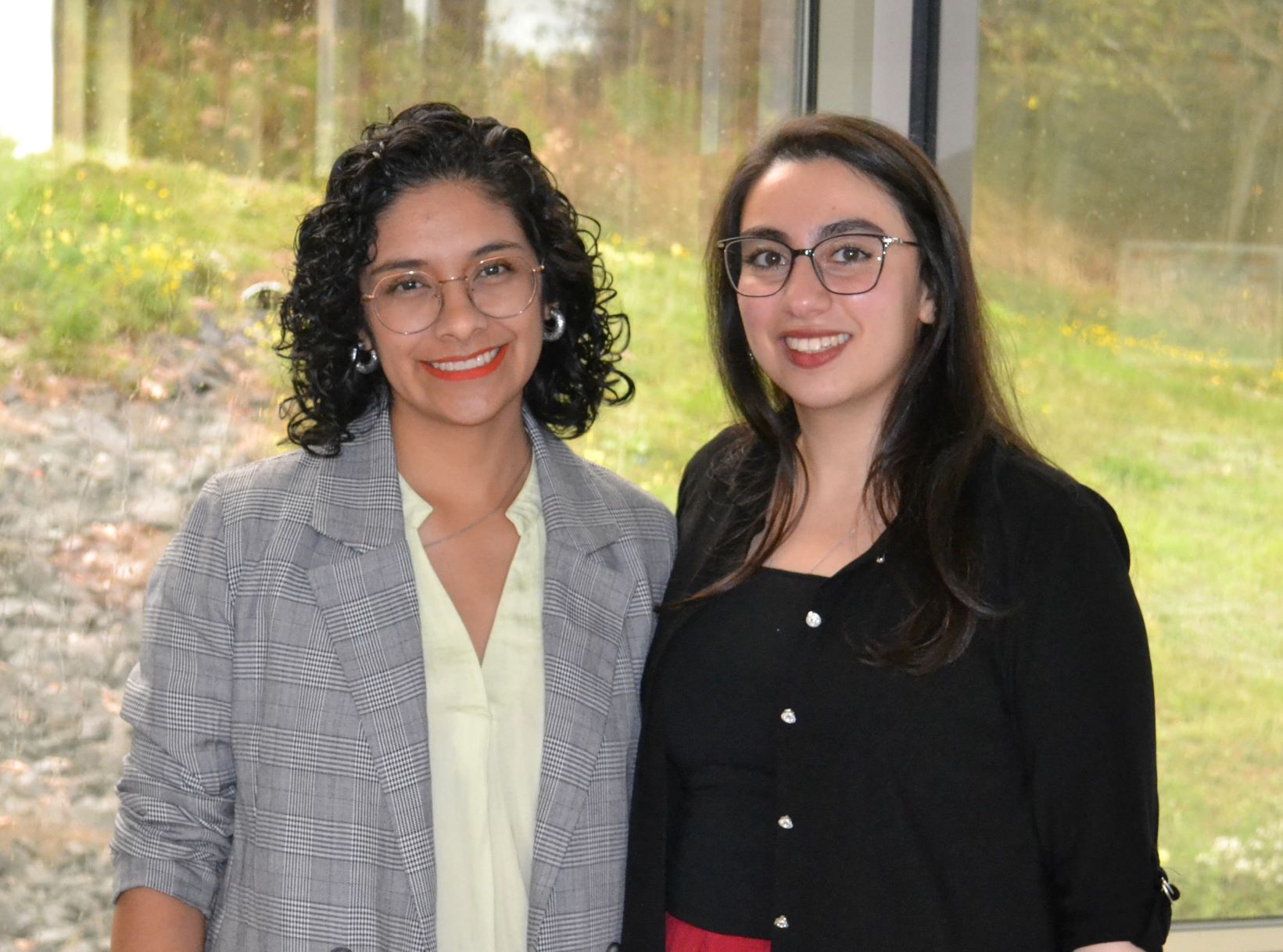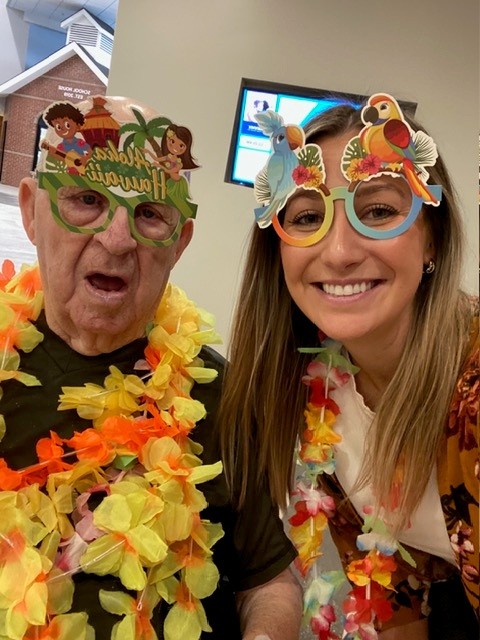July 31, 2019
A message to our Valued Community:
In May 2018, we launched a Quality Improvement Plan (“QIP”) in wound prevention and management that focused on a number of activities to support staff and improve communication with residents and families. Many of these activities were already underway and were enhancements to the work our interdisciplinary teams focus on every day. As continuous improvement is a core value at Shannex, we are pleased to share an update on the progress made in five focus areas as a result of the hard work and dedication of many team members. These enhanced procedures continue to be a part of our daily and weekly processes at each home.
Intensive monitoring. Daily and weekly interdisciplinary reporting and monitoring of all complex wounds and associated care plans at the home and corporate levels.
- Daily and weekly reporting to senior leadership and clinical leaders
- Licensed sites report monthly to Nova Scotia Department of Health and Wellness on all pressure injuries staged 2-4
- Creation of Organizational Wound Prevention and Management Team of Excellence
- Weekly Risk Management Committee meetings to review treatment plans, documentation and ensure communication with families
- Chart audits with findings reviewed by Risk Management Committees
- Canadian Institute for Health Information (CIHI) indicators (a national benchmark) added to our existing measurement targets, allowing measurement against national wound care statistics.
Communication with residents and families. Strong communication with residents and families about care planning is important to us. We conducted a review of our communication practices to provide easier access to information, more frequent updates and discussion about matters including wound care and management.
- 1:1 meetings with residents and families with stage 3 or 4 wounds to review and collaborate on care planning
- Following Risk Management Committee meetings, communication with residents and family members about relevant wound progress and treatment plans
- If a resident is admitted with a wound, education is provided for residents and families about treatment plans
- Wound information pamphlet developed to support communication and collaboration
Investing in our employees. Relying on the input of external and internal clinical leaders, we introduced refreshed training in wound prevention and management and sent members of our clinical support team to intensive training provided by an internationally recognized wound care program so they can provide ongoing, in-house training and support.
- Refreshed training on wound prevention and management for all CCA/PSW, RN and LPN/RPN employees
- Training provided to all new staff and ongoing for all team members to ensure continued competency
- Our wound care product partner delivered training to each home on product usage
- Approximately 30 team members attended National Wounds Canada Conference
- Two clinical team members successfully completed International Interprofessional Wound Care Course (IIWCC)
- Organizational Wound Prevention and Management Team of Excellence provides coaching and mentorship and acts as expert consultants
- Co-hosted one-day education session on wound management with more than 100 participants (September 28, 2018)
- Hosted physician medical education event to align on best practices related to wound prevention and management (December 4, 2018)
Resources and technology. We actively explored innovative resources and technologies that further support the reporting, evaluation and treatment of wounds.
- New Electronic Healthcare Record (EHR) software at all our NS long term care homes includes wound management module for easier documentation on status, progress and treatment plans
- Ongoing assessment of wound prevention and management equipment (specialty mattresses, offloading wedges, heel booties, wheelchair cushions) to ensure it is on hand for access as needed
- Continuing to assess emerging technology solutions and software in wound care management
Wound care expertise. We engaged local and national experts to provide external evaluation of our current wound prevention and management practices and support our own experienced nursing staff.
- Wound care nursing consultant examined all stage 3 and 4 wounds and collaborated on care planning (summer 2018)
- Hosted full-day session with local and national experts to review practices and validate our QIP work (July 2018)
At Shannex, we believe in our Great People and are pleased to share with our valued community the quality improvements we have achieved over the past year. We understand the ongoing vigilance required in this area and are grateful for the continued support of our community. As always, we are open to hearing from families and addressing any questions you may have. Please contact us at askus@shannex.comor 1-877-742-6639.
Jason Shannon, President and COO
Dana Power, Regional Director, Enhanced Care
We are most proud of the way this QIP has supported our teams in achieving better outcomes for residents in our care.
Heather Sinclair, Director of Rehabilitation Services and Support and Co-Leader of the Wound Prevention and Management Team of Excellence had this to say.
“In long term care, residents can be more susceptible to pressure injuries, so our focus on prevention and management is incredibly important. As one of the leaders of our Wound Prevention and Management Team of Excellence, I have the privilege of working with team members at many different Shannex communities and have been incredibly impressed with the way they are enhancing their existing skills and how they collaborate with each other, residents and families on best practices and solutions to help prevent and heal wounds. They are skilled, dedicated and compassionate caregivers who place residents first every day.”
The following is a message of thanks we received from the Terris family.
In early June 2018 our mother fell and broke her hip. Surgery and hospitalization followed and after several weeks, it was discovered that she had a Stage 4 palliative ulcer (or pressure injury). Measures were taken, however, there was little improvement.
Thankfully, an opening at Elk Court became available and Mom was moved to her new home on December 27, 2018.
There were discussions with the whole team with respect to the plan to vigorously treat the ulcer. Everyone was aware of the importance of adhering to a strict treatment schedule and everyone was engaged. Little by little, over the next few months, there was improvement. Progress was shared weekly with the family and celebrated amongst the Elk Team.
Today, against all earlier prognosis, our mother’s ulcer is 100% healed. If it had not been for the efforts of the Elk Team, the outcome could have been quite different. We are so grateful.
With abundant thanks.
The Terris Family.


